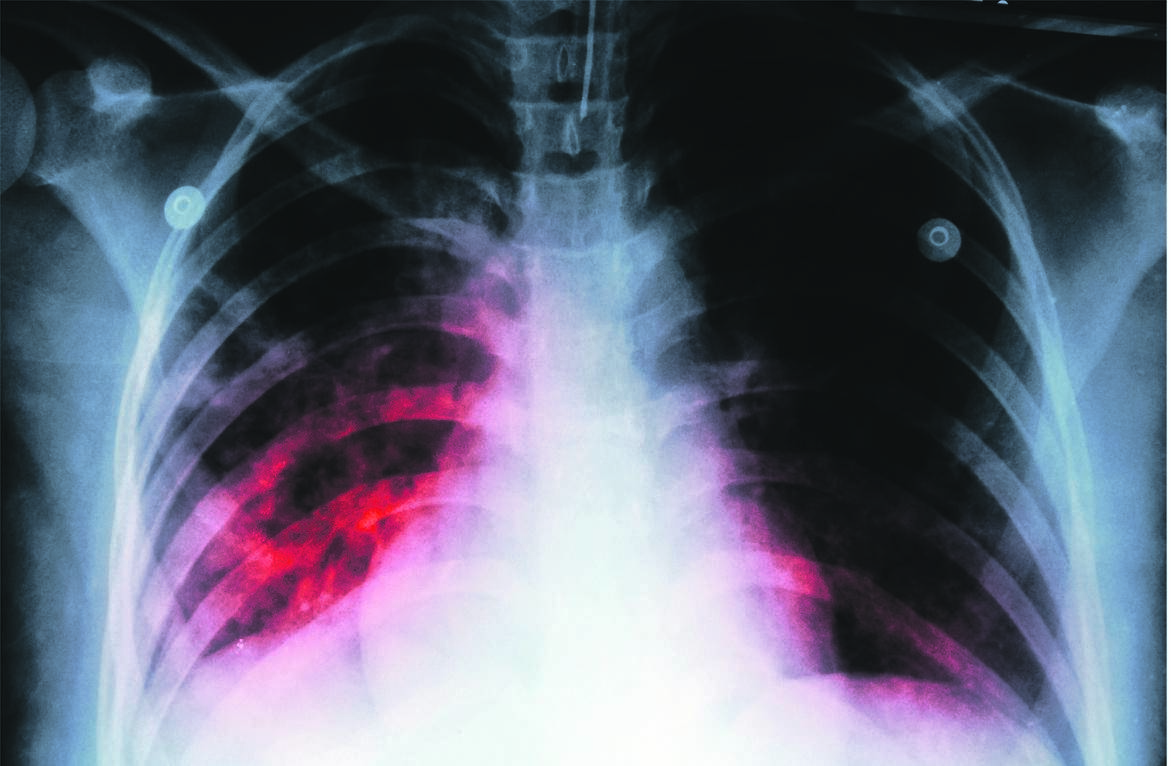
Creative technological approaches and innovative diagnostic methods are called for if South Africa is to take the fight against the country’s leading cause of death to the next level.
It is one of the oldest diseases known to humanity, killing more people than any other infectious disease the world over. Innovation is what is now needed to get a grip on tuberculosis’ elusive and ever-changing hold on the country.
In South Africa, where TB remains the leading cause of death, microbiologists are up to the innovation task, determined to help find TB’s “missing patients”.
This week, Health Minister Aaron Motsoaledi announced a cash injection of R485 million to help tackle issues relating to TB and its treatment, chief among which is tracking the at least 160 000 patients who were “missed” by the health system.
Also this week, a team at the University of Pretoria’s medical microbiology department was reported to have made headway in developing new diagnostic tests to improve the detection of multidrug-resistant TB (MDR-TB). The team is looking for new resistant markers in the genes of the TB bacteria responsible for creating MDR-TB. Findings are positive. Once the markers are identified, the development of better diagnostic tests will become easier.
TB is an infectious bacterial disease passed through the sharing of air, affecting mainly the lungs. March is TB awareness month, a period which is used to raise public knowledge about the devastating health, social and economic consequences of the disease.
Speaking at the Johannesburg Institute for Advanced Study’s “State of Dis-ease” multidisciplinary workshop this week, Professor Bavesh Kana from the Wits Centre of Excellence in Biomedical TB Research spoke about just how important it is to find these “missing patients” through innovative diagnostics.
“We use this term TB and we speak about this disease, but I don’t know if it really sinks in just how bad the problem is. Today as it stands, TB has killed more people than HIV and malaria combined,” Kana said.
“It is one of the oldest diseases known to humanity, yet we still struggle with it in the modern era of healthcare delivery. It points to how there hasn’t been sufficient attention and priority given to solving it.”
The problem is getting people diagnosed and on treatment, thus bridging the “missing” gap, he said. Part of the problem with this is that the health system currently waits for sick people to come to it, rather than going out to find sick people.
“The people considered ‘missing’ are firstly those who may have engaged with the health system, but haven’t been diagnosed either because they were triaged incorrectly at the clinic or produced a specimen that didn’t give us a result in the lab,” Kana said.
“Then there are individuals who have not engaged with the health system, so we have not had a chance to diagnose them. They know they’re sick but seek care in alternative healthcare settings.
“Then there is a third set of people who don’t know they’re sick and are in the communities and are driving up the TB transmission rate.”
Last year, Kana and his team at Wits, with the National Health Laboratory Service and international researchers, pioneered an innovative process to detect TB bacteria by adding a molecule to the bacteria’s own protective layer that illuminated under fluorescent light.
The team reported in a paper published in the Science Translational Medicine journal that mycobacterium tuberculosis specifically could be detected with a fluorogenic trehalose analog. This analog, a new stain called DMN-trehalose, lights up only inside living TB bacteria, which mitigates the time-consuming process of washing which is usually required to reveal bacteria. This means that patients with TB can be diagnosed and treated more accurately and quickly.
“Where my personal interest lies is in trying to create innovation to scale in a country like ours, in order to deal with TB,” Kana said of his work. “We’re trying to give a sense of hope in terms of what we’re trying to do here in the country and tailor our solutions to our country.”
Kana said he listened “with interest” to Motsoaledi’s “commitment”.
“And you can imagine this continuum of activities – us trying to strengthen what is going on in the lab and making sure we get the best out of the specimens that come to us, strengthening the health system so that patients who do come to the clinic are not missed and then catching anyone who has TB coming into the clinic.
“And then the ones in the community. Can we start thinking creatively around that too?”
Kana says it doesn’t need to end there, and that smartphones can be used as another tool in the fight against the killer disease. “Can we have an app on our phones that can run in the background and monitor how many times you’re coughing? One that will say ‘Do you know you’ve been coughing 40 times in the last four hours and could be showing risk of TB and your nearest point of care clinics are here and there?’” he asked.
“There is a gap where we need innovation, there is a gap where we need to strengthen what we’re doing in the lab, and there is a gap where we need to strengthen the health system. We need activity across all of those fields.”
 |
| ||||||||||||
| |||||||||||||
TALK TO US
What else can be done to find “missing patients” in order to treat them before they drive up the transmission rate?
SMS us on 35697 using the keyword TB and tell us what you think. Please include your name and province. SMSes cost R1.50. By participating, you agree to receive occasional marketing material




 Publications
Publications
 Partners
Partners








